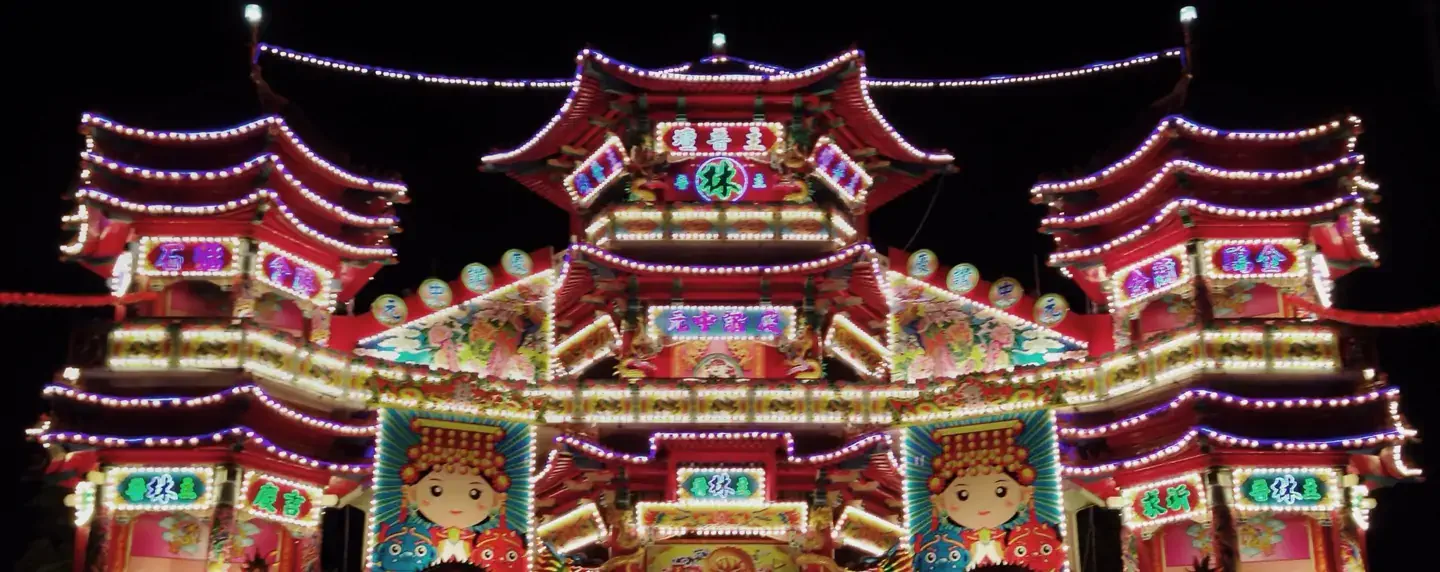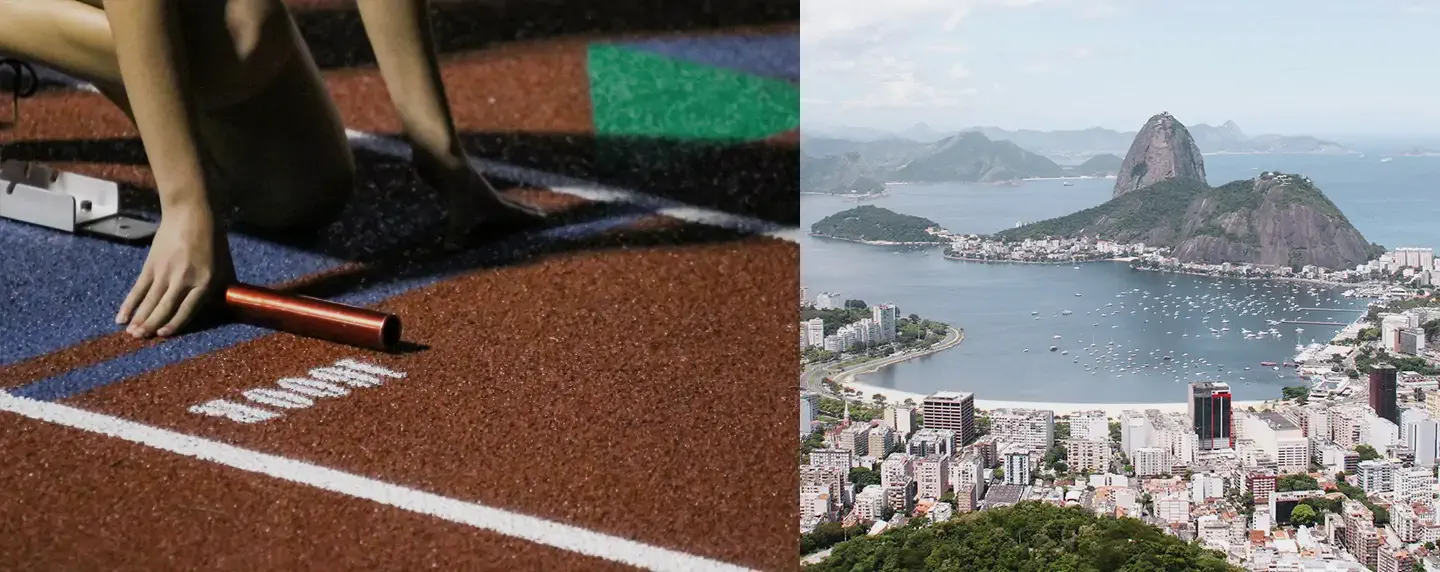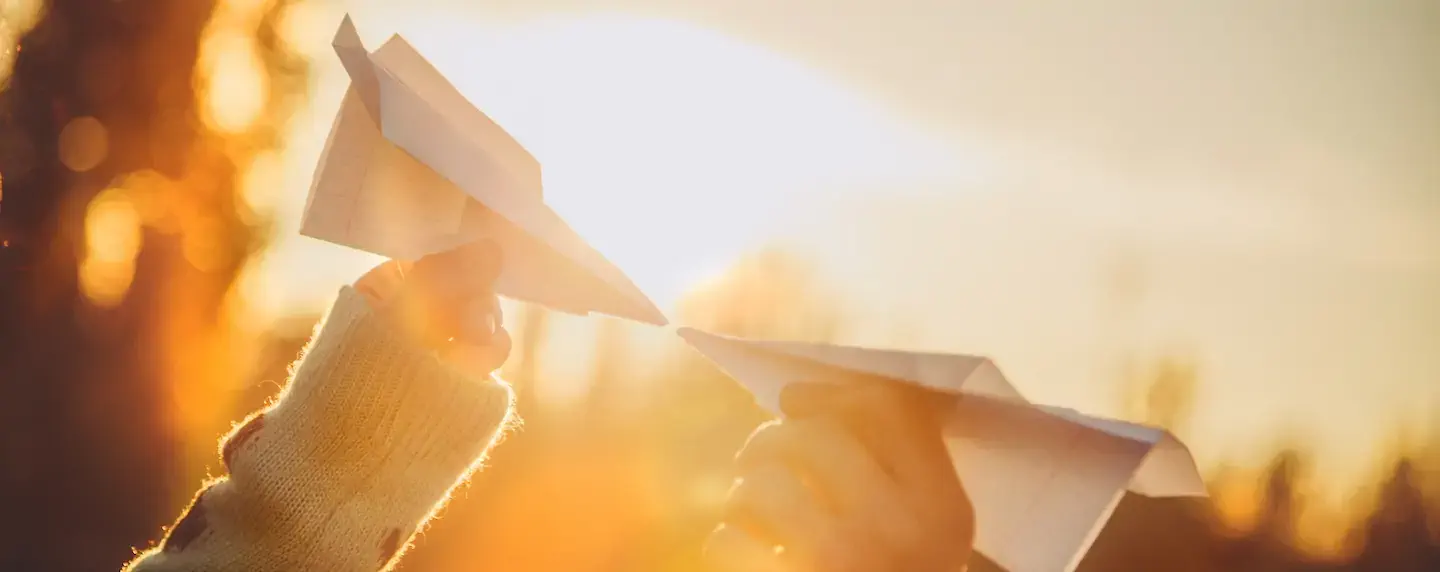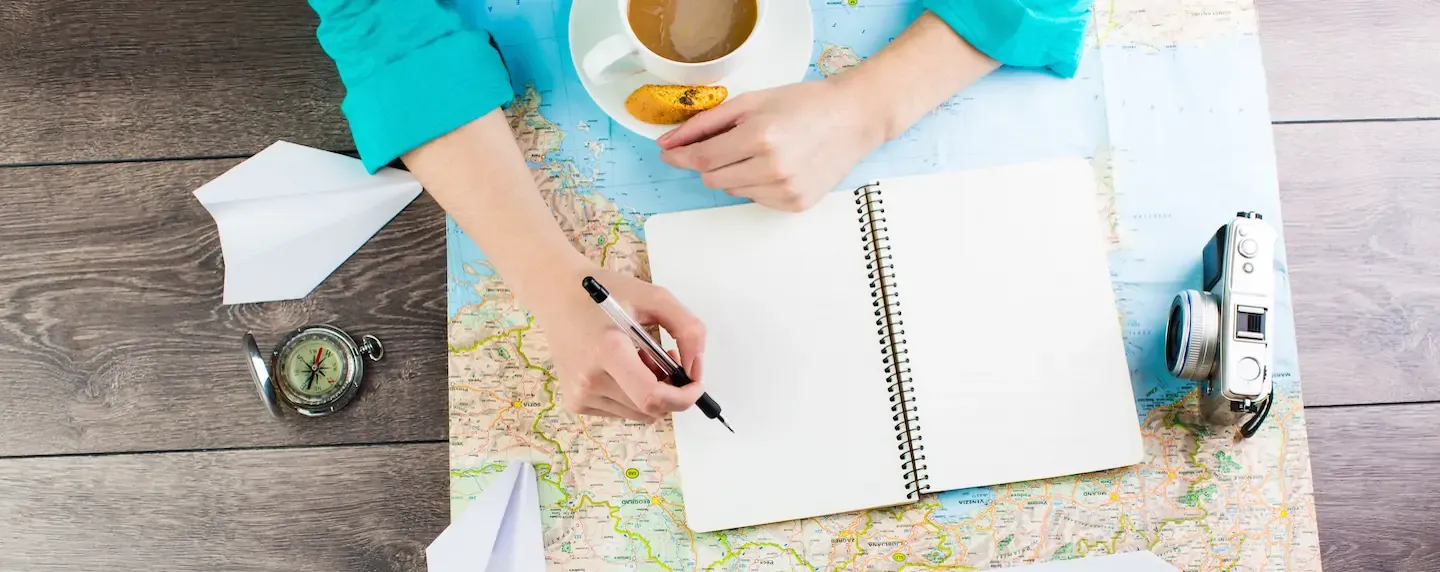‘Over the coming month, the gates of heaven and hell will open, and our ancestors shall roam amongst us, hungry and seeking absolution.’ Even if you don’t already believe this to be true, you probably still find yourself honouring the traditions of the Hungry Ghost Festival and taking care not to break taboos. For example, how many of you won’t stay in the last room at the end of a corridor, won’t look behind you when tapped on the shoulder during the festival, and won’t place your slippers facing in opposite directions?
As avid travellers, this got us curious about the taboos and traditions of other cultures around the world. Here’s a few to keep in mind and put you in good stead as you plan your overseas travels.
Asia: From sacred heads to sacred animals
Our data shows that more than half of Hong Kongers are staying within Asia for the summer holidays. With so much amazing food, sights to see and beaches to lounge on right in our neighbourhood, it comes as no surprise. But how savvy are you when it comes to different cultures, taboos and traditions?
In many south-east Asian countries, like Thailand, Malaysia, and Cambodia, a person’s head is considered sacred and must not be touched without permission. This even applies to children; never pat them on the head, regardless of how cute they are. Similarly, if you’re passing an object to someone, always keep it lower than the other person’s head as a simple sign of respect.
Due to ancient traditions, one’s left hand is thought to be unclean, so always use your right hand, especially in social situations like eating together. That said, if you find yourself in a position where you have to use your left hand, a simple apology of “Please excuse me for using my left hand” is totally acceptable.
In some areas of Thailand, people avoid sleeping with their heads pointing west, as it symbolises death. Yet in Japan, many people believe that sleeping with your head pointing north will bring bad luck, cause nightmares or even shorten your life. In South Korea, some hold that sleeping with the electric fan running can cause suffocation. There are even electronic brands that remind users not to turn the fan on during their sleep in the user manual! Before you think that sounds crazy, think back to the last time you knocked before entering your hotel room…
Many countries worship sacred animals. One of the most famous examples of this is in India, where the cow is believed to be a holy animal. If a cow is harmed, even accidentally, the offender can be sentenced to jail. Similarly, in Cambodia, cattle and buffalo are regarded as sacred animals. Harming either is an action punishable by God. In China, turtles symbolise longevity, yet in Malaysia, turtles are considered ominous and portents of bad luck!
Europe: From bread to salt with a drink on the way
For those of us seeking far away shores, Europe is the ultimate destination, but how much do we actually know about their taboos?
The French believe that placing a baguette face down brings bad luck. During the Middle Ages, French bakers grudgingly served the king’s executioners (if they didn’t, they risked their own necks), but identified them to the townsfolk by serving their bread upside down. In France now upturned bread is still associated with misfortune and misery.
In Germany, many locals will not raise their water glass to toast if others at the table are drinking wine, as it implies disrespect to the recipient of the toast, even going so far as to curse them, some believe.
In the Middle Ages, salt was an incredibly precious commodity. These days, many European countries still consider spilling salt to be unlucky. If salt is spilt, tradition dictates that you should sprinkle a pinch of salt over your left shoulder. This is done to blind the devil who’s always sitting just behind you, thereby averting disaster. In the Netherlands, lending salt to your neighbour is believed to bring misfortune, while in Germany, people send salt and bread to their relatives as housewarming gifts, symbolising a wish for ample food and clothing for years to come.
Now that we’ve shared some of the world’s traditions and taboos, it’s time to discover some more for yourself. Check out KAYAK Explore to find the perfect summer holiday at the perfect price!*
*Data is based on flight searches made on KAYAK for dates between 1st-31st August 2016.







